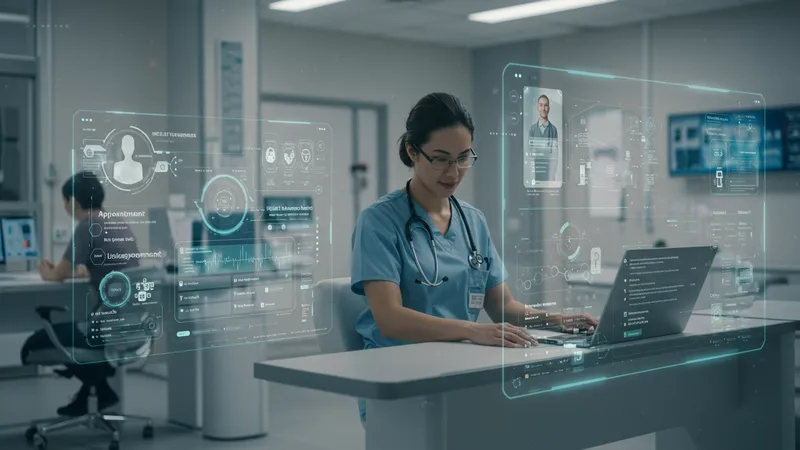
Revolutionizing Healthcare: Patient Engagement Software And Practice Management
Balancing Automation with Human Experience in Healthcare
Automation in healthcare promises efficiency and speed, but it also invites essential discussions about maintaining the human experience. Patient engagement software automates appointment scheduling, prescription refills, and notifications, significantly reducing administrative duties that burden healthcare providers. This efficiency is vital for the smooth operation of healthcare systems, yet the core human experience remains irreplaceable. These dual benefits prompt important reflections on future healthcare models.

The automation facilitated by engagement tools comes with the risk of alienating patients who value personal interactions. For some patients, human contact might provide reassurance and clarity about their health conditions. When technology overshadows personalized interactions, it may inadvertently lead to a reduction in patient satisfaction. Healthcare systems, therefore, must be steadfast in ensuring that automation does not come at the expense of empathy and human touch, revealing broader implications in patient-provider relationships.
To effectively balance automation with the human experience, healthcare facilities must strategically incorporate technology that enhances, rather than detracts from, interactions. For instance, automated data capture systems can free up professionals to spend more time listening and responding to patient concerns. Thus, the key lies in deploying technology wisely to improve the quality of care and personal interactions, fostering a more responsive and empathic healthcare environment. These technological applications illuminate unexplored pathways in healthcare evolution.
Ultimately, the integration of automation and human interaction will define the success of future healthcare systems. By opting for tools that streamline tasks while prioritizing patient engagement, providers achieve an optimal blend that retains a patient-centered approach. This synergy ensures that technology serves to enhance the care experience, not replace it. The coordinated dance between technology and human presence illustrates how future practices can cultivate compassionate, efficient, and meaningful healthcare experiences.